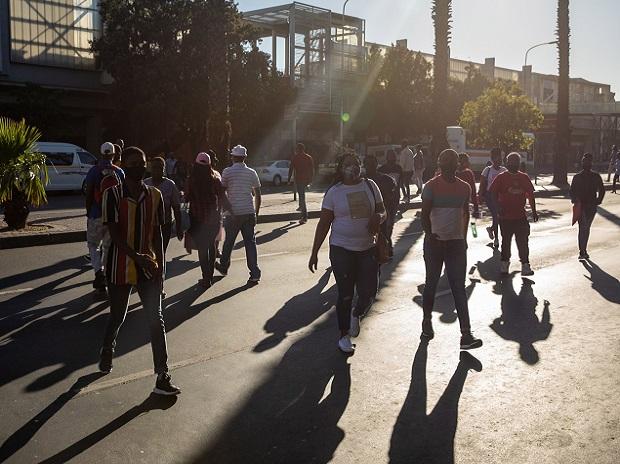[ad_1]
The global economy is stuttering, and some of the world’s biggest names are already laying off thousands of employees. But there’s a glimmer of good news: This time around, workers have a better-than-usual shot at holding onto their jobs if recession arrives.
Almost three years after Covid-19 hit, companies around the world still complain that they can’t get the talent they need. They worry about labour shortages that will likely last beyond not just the pandemic, but the next downturn too. Deeper forces, such as changes in population and immigration, are shrinking the pool of workers they can hire from. All of this means that despite weakening demand for their goods and services, many businesses are looking to retain or even add staff, rather than let them go — hoarding labour that they know they’ll need once the economy starts accelerating again.
There have been plenty of high-profile lay-off announcements lately, from the likes of Amazon and Goldman Sachs Group. But they may prove to be outliers. That would make the coming economic slowdown very different, and in some ways less painful, than the ones the world has gotten used to. Bloomberg Economics projects that unemployment will rise by about 3.3 million across developed economies by 2024, a period in which most are expected to suffer recessions. While that’s a lot of lost jobs, it’s fewer than the 5.1 million shed in the relatively mild downturn that began in 2001, and is dwarfed by the scale of the past two global slumps.
What’s more, the starting point for employment is historically strong. The jobless rate in major developed economies, at 4.4 per cent in September, is the lowest since the early 1980s, said the Organisation for Economic Cooperation and Development.
This time, white-collar industries including business services, tech, banking, and real estate, where staffing numbers are far above pre-Covid levels and layoffs have already begun, may be more vulnerable to job cuts.

[ad_2]
Source link



